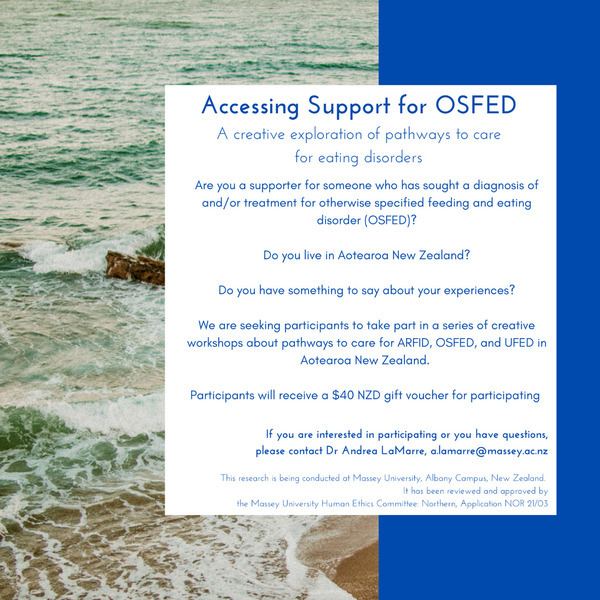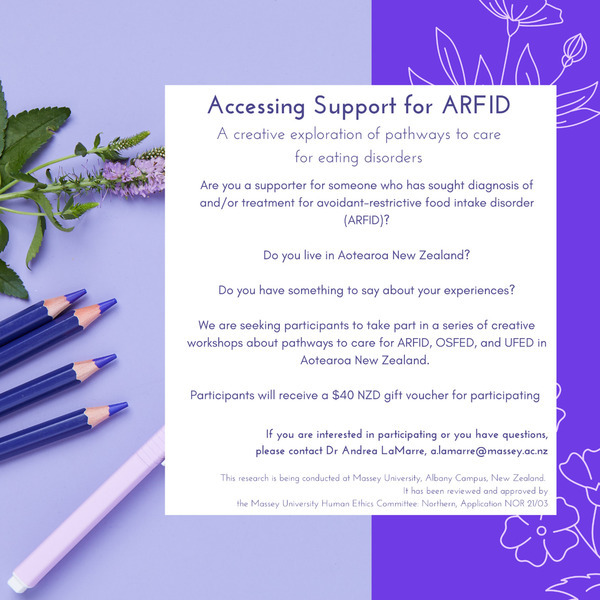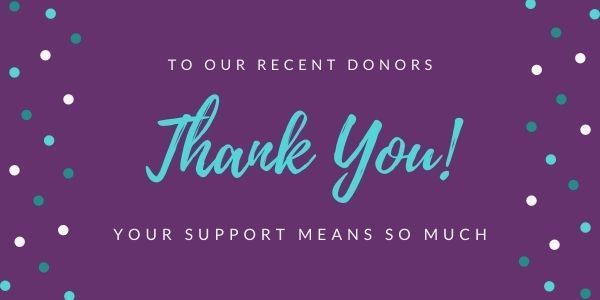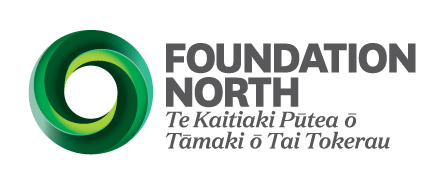May 2021 Newsletter
In this issue...
- 18 Effective De-Escalation Strategies for Defusing Meltdowns
- Meal Duration: How Long to Persist?
- Suicidality in Eating Disorders
- Volunteers needed for two research studies
- Upcoming support meetings
We have gathered together some resources that reflect many of the concerns parents contact our support line to seek help about. We hope you find these useful.
A Massey University researcher is seeking people to take part in a study on pathways to treatment for ARFID and OSFED. If you have experience of seeking treatment for these conditions, please do consider taking part.
We encourage you to subscribe to our regular newsletter to keep up to date with the latest research and resources that may be able to help as you support your loved one’s recovery. Remember our website also contains a wealth of resources.
18 Effective De-Escalation Techniques for Defusing Meltdowns
Sometimes, when children become extremely overwhelmed or they’re experiencing sensory overload, they have a meltdown where they lose control over their behaviours. Knowing some de-escalation strategies will help you avoid a potential crisis.
Meal Duration: How Long to Persist?
How long should you keep your child at the table if they are not managing the food in front of them?
Suicidality in Eating Disorders
Suicidal thoughts and behaviours are common in people for all the eating disorders. Parents need to be alert to signs of suicidal thoughts and behaviours and specifically to these dangers in those with eating disorders.
"If you make me eat that, I will kill myself."
These are words that no parent wants to hear. Unfortunately, parents attempting to help their child recover from an eating disorder may encounter this phrase at some point in the recovery process.
https://www.feast-ed.org/if-you-make-me-eat-that-i-will-kill-myself/
Volunteers needed for two research studies
If you are a supporter for someone who has sought a diagnosis of and/or treatment for OSFED or ARFID and live in Aotearoa New Zealand, Dr Andrea LaMarre of Massey University invites you to take part in a series of workshops about pathways to care for these eating disorders.
If you are interested in participating or have questions, please contact a.lamarre@massey.ac.nz
Upcoming support group meetings
EDANZ believes parents/carers have unique abilities to support one another and we hold regular meetings to which you are warmly invited. Currently, we're joining together around the country once a month thanks to Zoom videoconferencing technology.
If you would like to participate in a virtual support group, please RSVP to info@ed.org.nz and we'll send you the link.
Time: 7:00pm-8:30pm
Upcoming 2021 Dates:
Monday, 17 May
Monday, 21 June
More information can be found on our website Parent/Carer Support Groups page
Remember: EDANZ helpline is open throughout all Covid Alert Levels – please don’t hesitate to contact us info@ed.org.nz or leave a message on the phone 0800 2 EDANZ and we will get back to you as soon as we can. If you are concerned about the safety of someone, please ring 111 or go to the Emergency Department of your nearest hospital.
Please consider donating to EDANZ
We acknowledge times are financially tight for many, but at this time there is also a corresponding increase in demand for our services. As a volunteer organisation relying totally on donations and grants to provide our services – many of which are currently self-funded – your financial support is more needed now than ever before.
Your donation will enable us to continue our work providing support to families, education to healthcare providers and the community, and advocating for improved access to evidence-based treatment for all affected New Zealanders.
|
© Copyright 2022 EDANZ |











